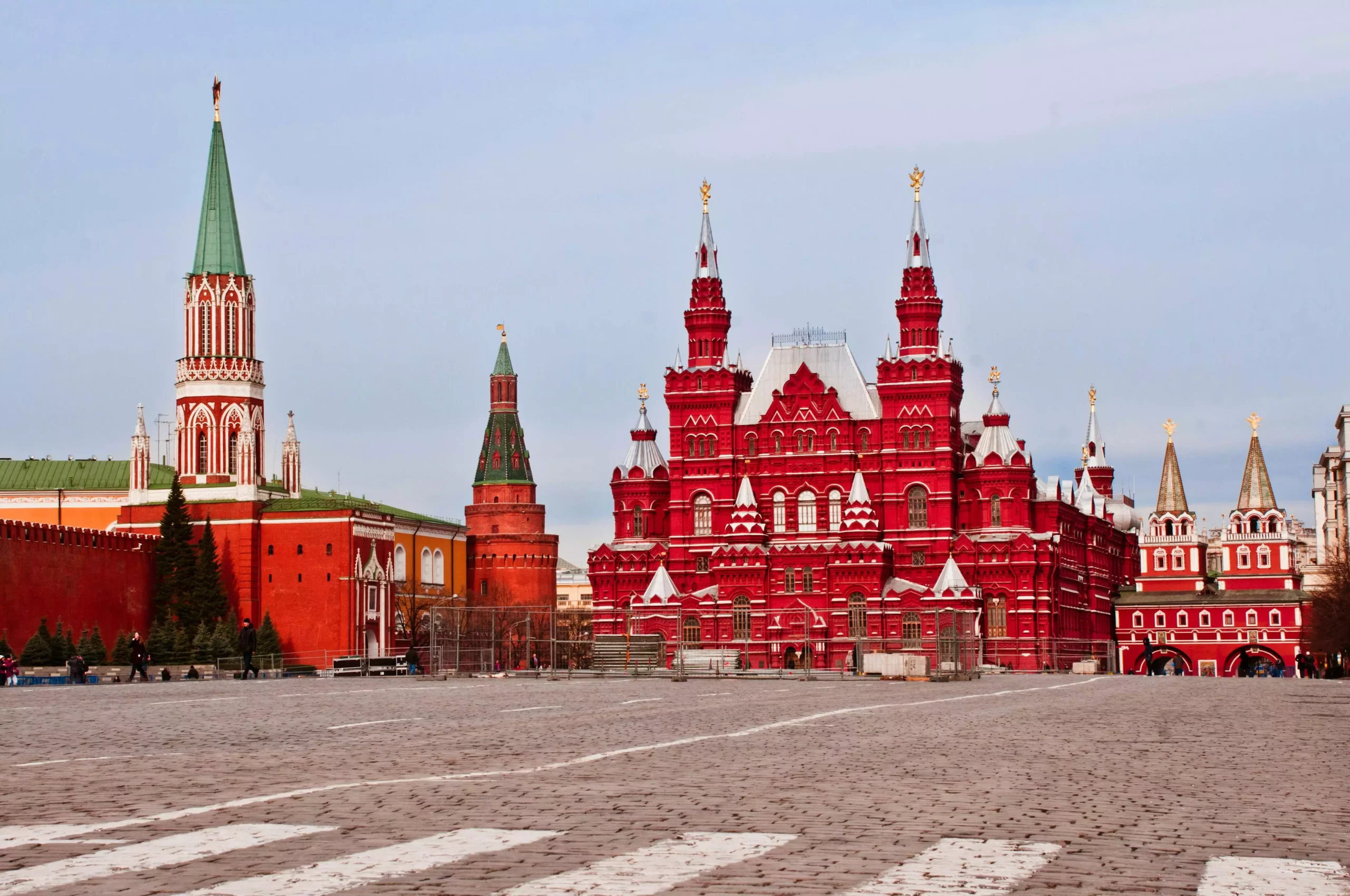The recent launch of Bitcoin futures by the Moscow Exchange marks a pivotal point in Russia’s tentative embrace of the cryptocurrency market. While some herald this as a groundbreaking move, a closer inspection reveals a myriad of constraints that dog its potential. This cautious leap is neither a full endorsement of digital currencies nor a daring departure from the past. Instead, it reflects a careful balancing act—a move crafted more from fear of the unknown than from confident optimism about cryptocurrency’s long-term benefits.
One of the most striking aspects of this initiative is its exclusiveness; participation is limited to “qualified investors,” effectively barring the average citizen from reaping any potential gains. This policy choice does more than filter out unqualified traders; it actively reinforces the existing social and economic hierarchies. If anything, this seems to echo Russia’s insistence on maintaining a controlled environment for financial activities—a stark contrast to the often chaotic nature of the global cryptocurrency scene.
Bitcoin Futures: A Controlled Experiment
The futures contracts in question are not just linked to Bitcoin’s elusive value; they are expressly tied to the performance of the BlackRock Bitcoin ETF. Investors will be pricing these contracts in US dollars but settling in rubles, a system that ostensibly offers protection against foreign market volatility. However, this setup raises more questions than it answers. Are we witnessing a genuine attempt at entering the global crypto market, or merely a political façade meant to calm the doubters at home?
By tethering these futures to the value of an established ETF, it appears that Russian authorities are striving for a semblance of legitimacy. However, it is evident that the design is more focused on protecting Russian investors from downside risks rather than encouraging widespread participation. This leads to an uncomfortable paradox: While the state is allowing access to cryptocurrency-related financial products, it simultaneously exhibits a profound caution, keeping everyday traders on the sidelines.
Banking on Control
The central bank’s reticence to fully embrace cryptocurrencies speaks volumes about its worldview. Even as it sanctions these futures, it discourages direct Bitcoin trading for most institutions, thereby signaling a preference for restraint over innovation. This hesitation reveals a government belief in a central authority’s need to manage customer financial engagements tightly. The upside? It mitigates risks and promotes fractionalized responsibility. The downside? It stifles entrepreneurial spirit and consumer choice, which are essential components of economic growth.
As Sberbank plans to roll out its own crypto-based products—structured bonds tied to Bitcoin’s price—this presents an interesting juxtaposition. Are we witnessing an evolution in banking that embraces innovation while preserving control? Or is it simply further indication that the establishment remains uncomfortable with the decentralization that embodies cryptocurrencies?
The Unseen Restrictions
The design of this new futures market suggests an inherent contradiction in Russia’s ongoing study of cryptocurrencies. The regulatory framework appears tailored to favor large institutions at the expense of individual investors. Such an attitude reflects a patronizing approach: bankers and investors can handle the complexities of Bitcoin, while the everyday citizen must be shielded from them. This entrenchment solidifies existing social inequalities, as wealth and information become the currency of success in a system where access is tightly controlled.
Moreover, the measure of economic independence, which many cryptocurrency advocates promote, is counterbalanced by the restrictions placed on who can participate. In an age when users should be empowered to engage with financial markets, it seems Russia is more concerned about protecting itself from the risks presented by the very innovation it yearns to control.
The Weakness Beneath the Surface
These Bitcoin futures contracts are a nod towards modernity in Russian finance, but they lack the robust spirit of exploration needed to redefine the country’s economic landscape. With their current structure, they serve as little more than a cautious veneer—one that allows the Russian government to appear progressive while maintaining a firm grip on its financial levers.
Given the feedback from market analysts, the assessment becomes clear: Russia’s approach to cryptocurrency is characterized by hesitation, selective access, and a palpable fear of loss. Until these barriers are fully dismantled, the path to genuinely enter the global cryptocurrency market will remain hindered, leaving many unanswered questions about what true financial independence looks like in a post-blockchain world.


Leave a Reply